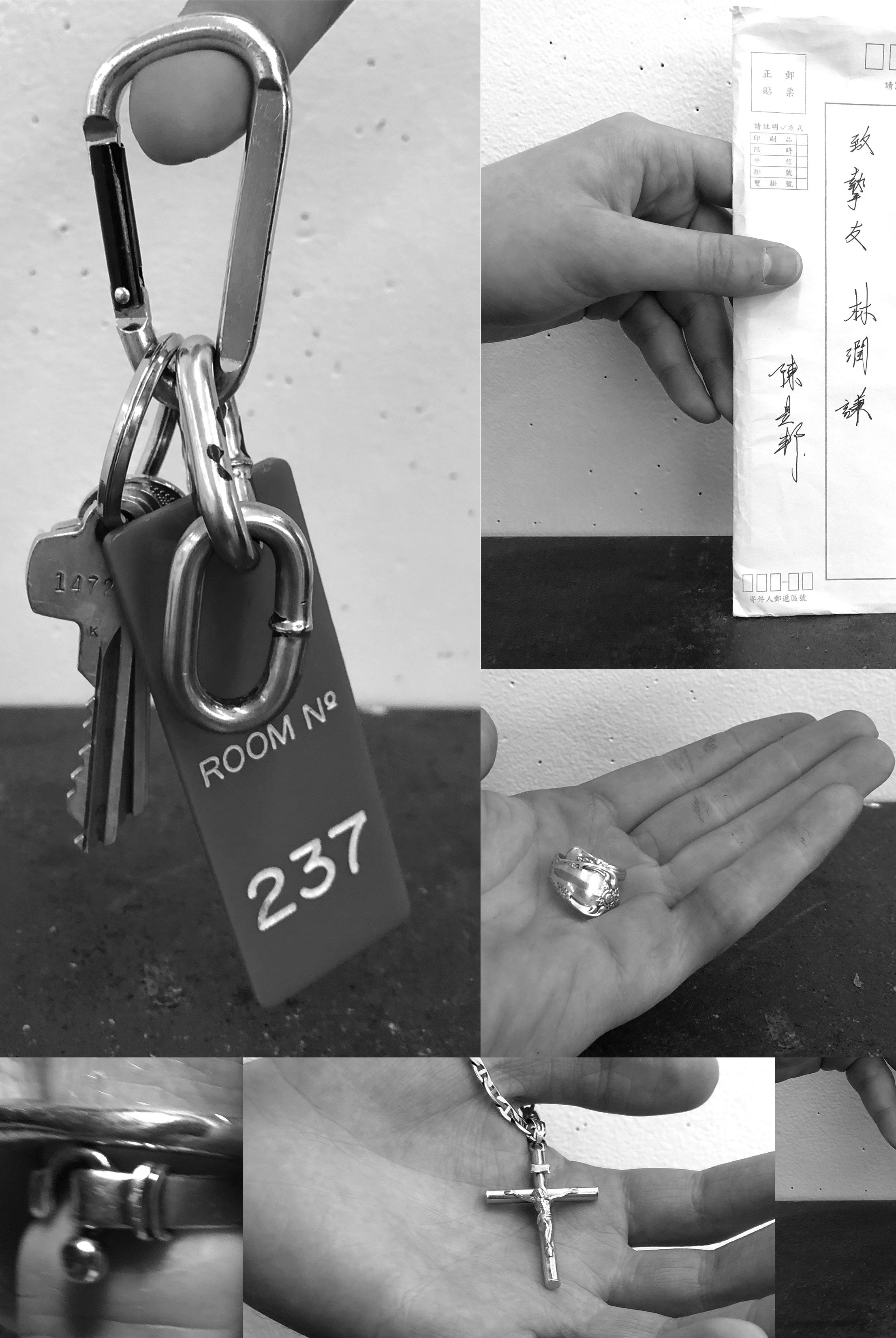
3 minute read
Occupiers of Objects (?
from No.12 CARE
by DATUM
26
OLIVER GOCHÉ
Advertisement
When working in the studio this semester, I have thought a lot about simple, personal objects and the importance that they can hold. My studio partner is Aaron Koopal, and the project we are working on addresses the decontextualization of objects and drawings. The idea was initially rooted in the way certain drawings were presented to us and then through material models. The ideas brought some thoughts to the forefront that were always at the back of my mind. The notion of how we view objects and how the idea of caring for them is a nuanced and subtle thing from one person to the next. On a grand scale, a museum holds items that the citizens find culturally significant. At the same time, and on a much smaller size, there are personal artifacts that we as individuals hold dear. The ideas and stories carried by these objects may be profound and important, or not. The importance of an object is subjective based on how we attach a related and likely personal experience to it. Ultimately, it is these artifacts, a fabulous image, or a simple love note from someone that we are fond of, that makes us, us. To some degree, from an onlooker’s standpoint, these items that we accumulate don’t matter. A shitty note or a ring that seems uninteresting or unadorned are representations of us, and only us.
They may make up the exterior image that others see of us, but the meaning that they hold for the owner may never be fully understood by the onlooker. We hold these items dear to us because they remind us of ideas, experiences, or perhaps, people.
My items like these are hidden away in my apartment in a small filing cabinet or a drawer. No one but me knows they are there. Mostly they are hiding in plain sight; however, this is where things that matter most to me exist: Notes from my girlfriend; mementos that my father brought me back from any number of his trips.
A whole slew of items like this hide, while others don’t. To remind me of my grandmother, I wear a ring on my left pinky finger that she owned. I use a lead holder that my father brought me from Prague in the Czech Republic. I’ve left it in various places before, and in a panic, I would realize it was gone. I’ve rushed back to places that I’ve left it, and sometimes people will look at me funny.
I’m sure that many reading this have a place for important items. Maybe they are locked away or hidden. It’s interesting that we hold these perhaps menial items so dear. They aren’t necessarily valuable, in a monetary sense anyway, other than the sentiment that they hold. Consider this, for example. You have a kitchen utensil, utterly mundane to an onlooker, but it was from your late grandmother. The utensil turns up missing. Sometime later, it is found again. It is not the original. Someone gifts you a replica, unbeknownst to you. You think that you have found the original, and you carry on contently, knowing that you have the ability to remember.
This thought is important because it is the memory that the object holds and gives us, rather than the objects themselves. Fear of forgetting the past, a person or experience is real for most people. These items offer us mementos to have and remember in the present. The loss we might feel if we didn’t have these items, could symbolize the loss of our memory.
27
Work (above + on following page) by Oliver Goché
28

29










